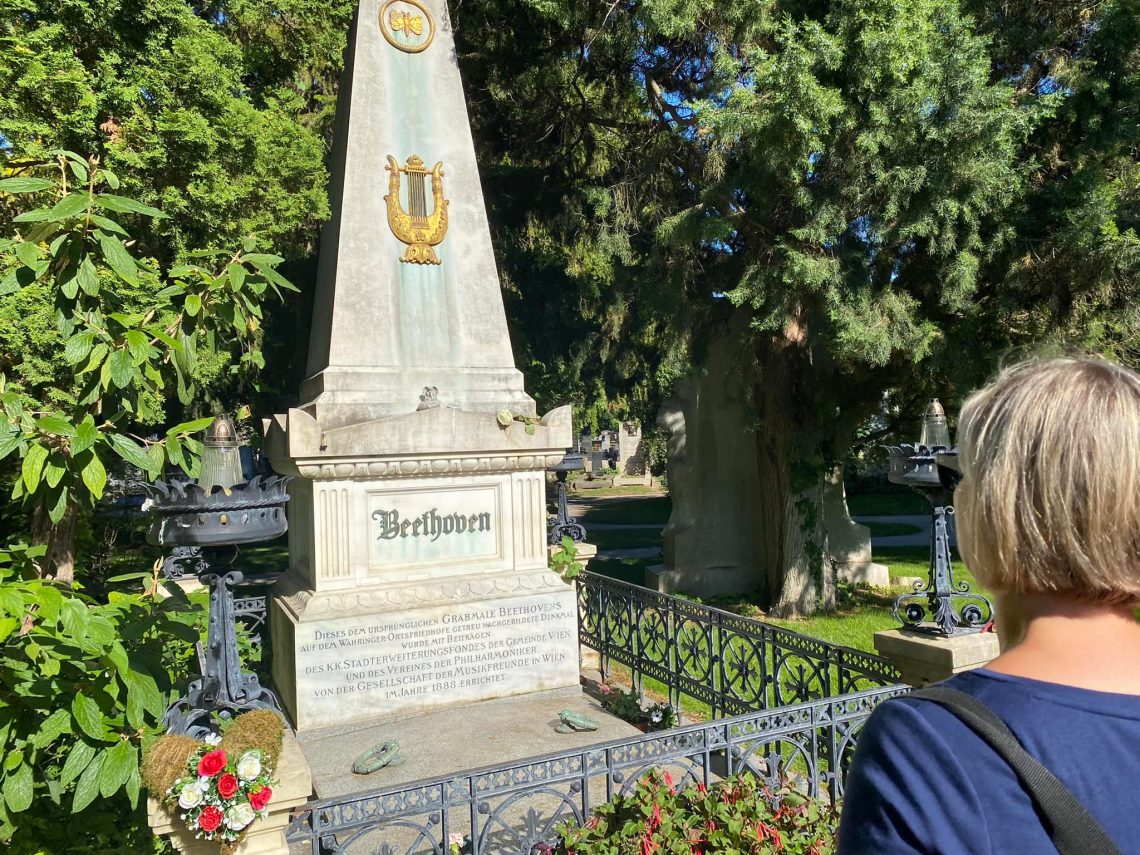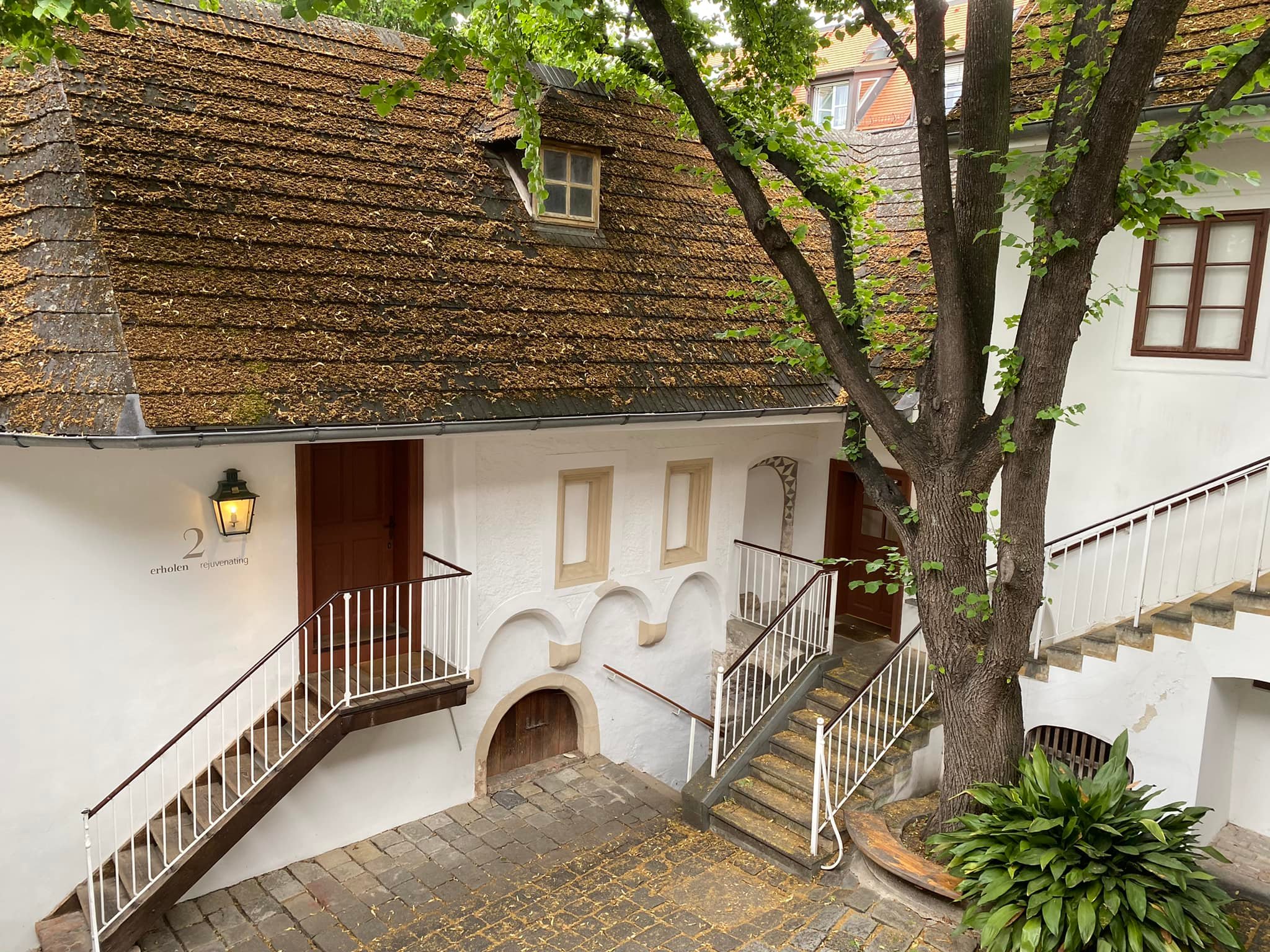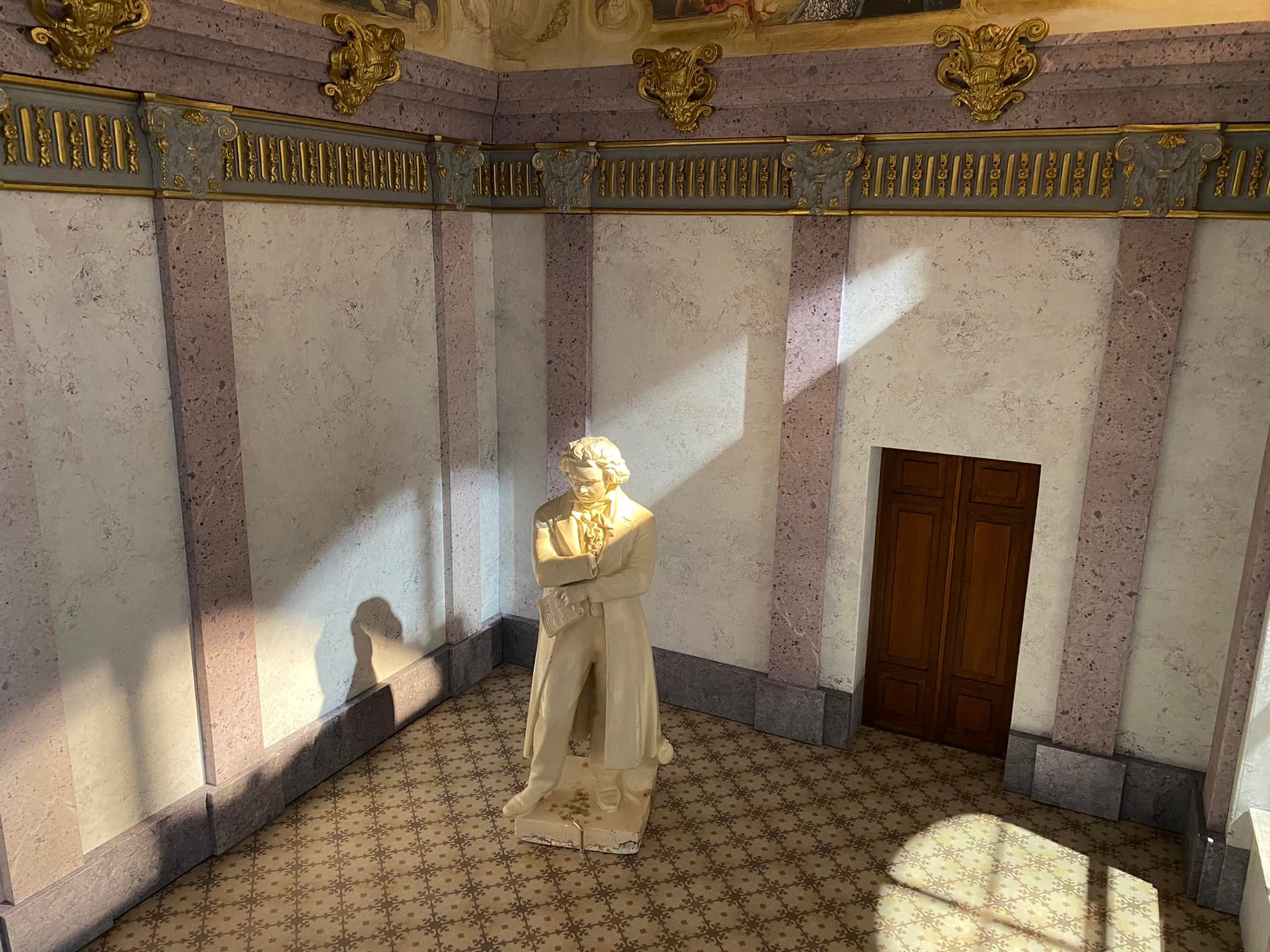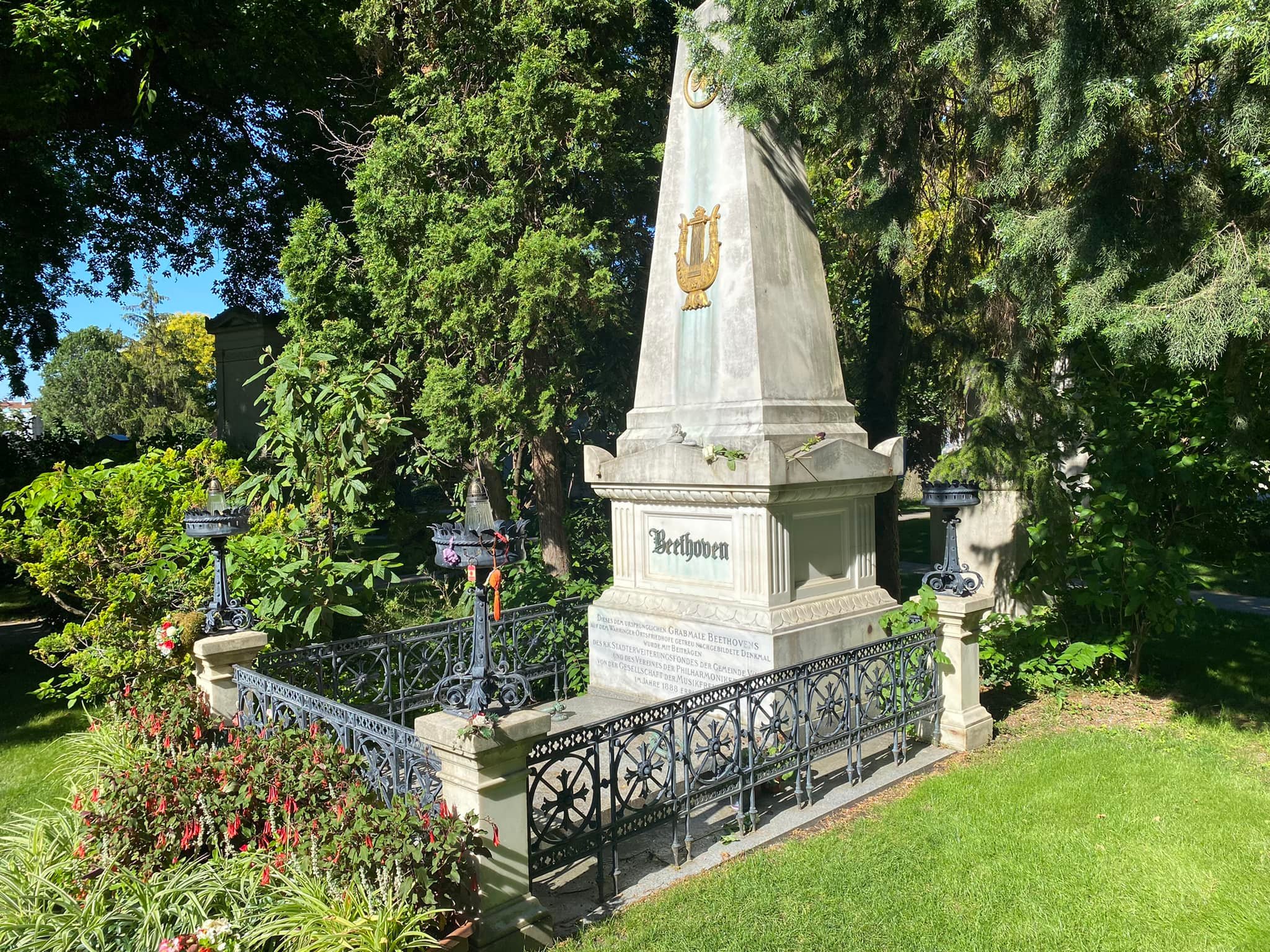
This Unexpected Assault on Her Hearing
Some of you know. Others maybe not so much. A little more than three years ago, we booked flights and made plans to visit Switzerland and Austria. In essence, this trip we’ve been on over the past couple of weeks was the exact trip we had in mind, back then. But within a few weeks of booking those tickets in the Spring of 2019, Melissa experienced the sudden onset of pulsatile tinnitus, a scratching, buzzing, screaming sound in her ears, moving at the erratic pace of her heart, a relentless condition she still fights today, though it’s become a bit more manageable. At the time, for a once thriving and obsessively talented violinist and musician, this unexpected assault on her hearing was more than a hard pill to swallow. It led to some of her darkest days and mine, months and months of doctors who couldn’t or wouldn’t help, a violent sense of hopelessness that was impossible to ignore. At the time, it was so loud, so unpredictable, so hard on her physically and emotionally that we ended up scrapping our plans just a few days before the flight was scheduled to leave, and rightly so. The rest of that summer was the hardest of her life, just making it from one day, one hour, one minute to the next. Harder, as it turns out, than 2020 or 2021, despite COVID and a world gone mad.
Having said that, this goal of reaching Vienna, year after pandemic year, went from something of an adventurous travel destination to something of a spiritual Mecca. Why? Because of this man right here. At the early age of 26, the already brilliant Ludwig van Beethoven began to suffer from gradual and debilitating hearing loss, so much so, as a musician, that he often went through bouts of depression, like Melissa, desperate to understand, fight, and overcome his condition, desperate to find joy again in his art and his music. He sometimes stuffed cotton in his ears, just to dull the tinnitus, but did it so often that it drew blood. Melissa and I have cried together reading through some of his letters, some of his stories over the past three years, knowing, as we do now, what it is to struggle with hearing, with depression, and still find a reason to keep going. So in many ways, getting to Vienna was about this, about visiting the house where Beethoven spent so much of his time, trying to hear, trying to write, trying to live. We came here to find the site of his grave and pay our respects. For my wife, Beethoven was always her favorite musician, someone whose work she often played with great effort and satisfaction on multiple stages through high school and college. But after her recent battles with health and hearing, Beethoven has become more like her long lost kin.
“O, you men who think or say that I am malevolent, stubborn, or misanthropic, how greatly do you wrong me. You do not know the secret cause which makes me seem that way to you. For six years now I have been afflicted, made worse by senseless physicians, from year to year deceived with hopes of improvement, finally compelled to face the prospect of a lasting malady (whose cure will take years or perhaps be impossible).”
In Liebe, Beethoven.




